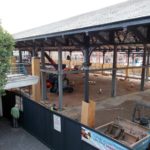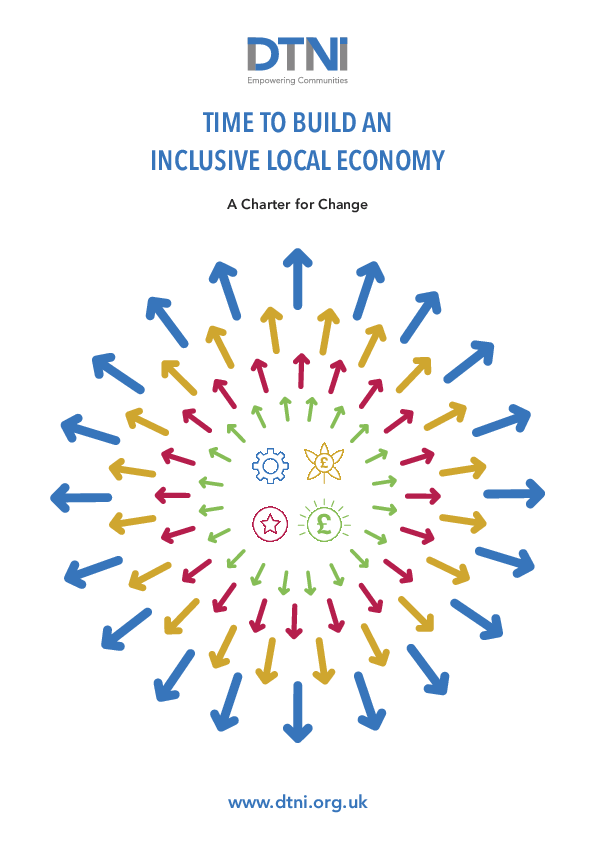Community wealth building in Scotland
This post originally appeared on the website of Scotland’s Centre for Regional Inclusive Growth.
Inclusive economic growth is a key aspiration for Scotland, as set out in the country’s Economic Strategy. Scotland aims to grow a sustainable and successful economy whilst tackling inequalities. To realise these aspirations, the fast-moving community wealth building movement offers a practical, common sense local place approach.
The community wealth building approach starts with a strong focus on wealth. We know that Scotland is a relatively wealthy country, however wealth here has grown much faster than income. This disparity has disproportionately benefitted older people. Those born in the second half of the 1970s have a third less wealth than those born in the first five years. Furthermore, wealth distribution is geographically and socially uneven, with the top 10% owning a staggering 200 times more wealth than the bottom 10% (a median wealth of £1.3m compared to £6,000). Indeed, the wealthiest 10% own 43% of all wealth in Scotland, with the least wealthy 40% only owning 5%[i].











